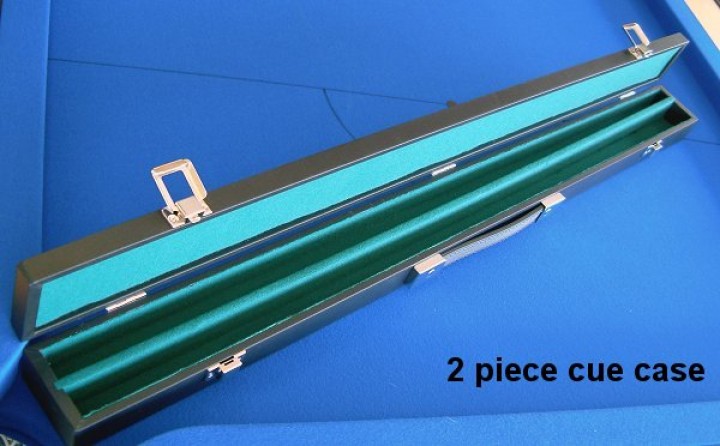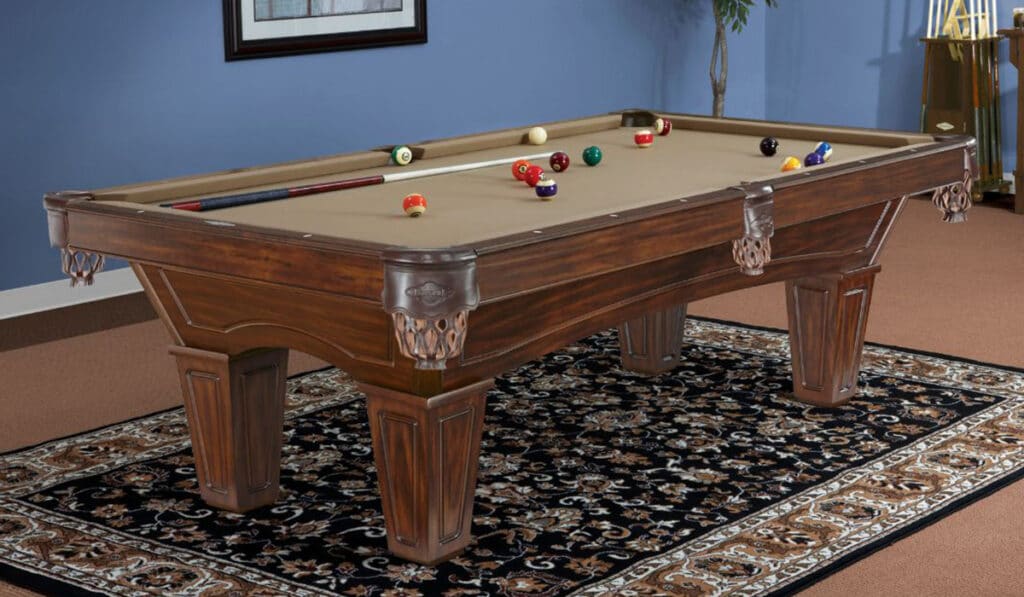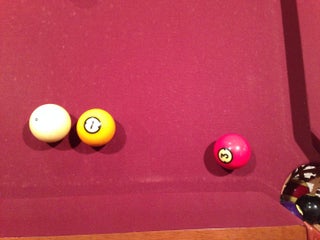
Understanding the basics of pool is essential to becoming a good player. These include knowing how to properly use the pool cue and how to stance well. Although it can be tempting to just jump right into a competitive match, it is best not to. Once you have your billiard basics down pat, it will be easier to master more complex techniques later on.
A great billiards teacher can help you improve your shots. They will point out your shortcomings and give you suggestions on how to improve. They can help you find the fastest way to get your shot.
To line up a shot, it is essential to properly position your hands and body. A right-handed player, for example, would position his right foot at 45° to the right and place it two feet behind the table. If you're left-handed, your left foot should be placed a few inches behind the table.

A crucial part of setting up a shot is seeing the cueball in action. To get a better view of the ball, many players resort to a technique called a ghost ball. Another way to do this is to use a bridge to align the shot.
This trick is especially useful when lining up a bank shot. The object of a bankshot is to hit the object balls so they bounce off the rail and land on the cue. You must ensure that your cue is at the right distance from the object balls and that the ball is at the right distance from the cue in order to do this effectively.
You need to be steady during the entire shoot. This will enable you to see how the balls move after the shot. You'll then be able make adjustments to your shot.
A common mistake made by new players is to get up too quickly on a shot. It can disrupt the follow through part of the shot, and even change the contact points of the cue balls. Keeping your stance steady will make your next shot easier to execute.

You can do this best by making sure you play on a level playing surface. For example, if you're playing against someone who can only get shots on the head string, chances are you'll be able snag some balls.
You should also practice the same shots multiple times. This is because it will help you determine the best cue length, as well as the most efficient way to line up the shot. Don't be tempted to practice on tilted tables as it can lead to overcorrection.
You can learn billiards best by practicing regularly. This may seem obvious to you but can be overlooked for newer players. Not only will you learn the skills you need to play pool well, but you will also be able spend some time bonding with your friends.